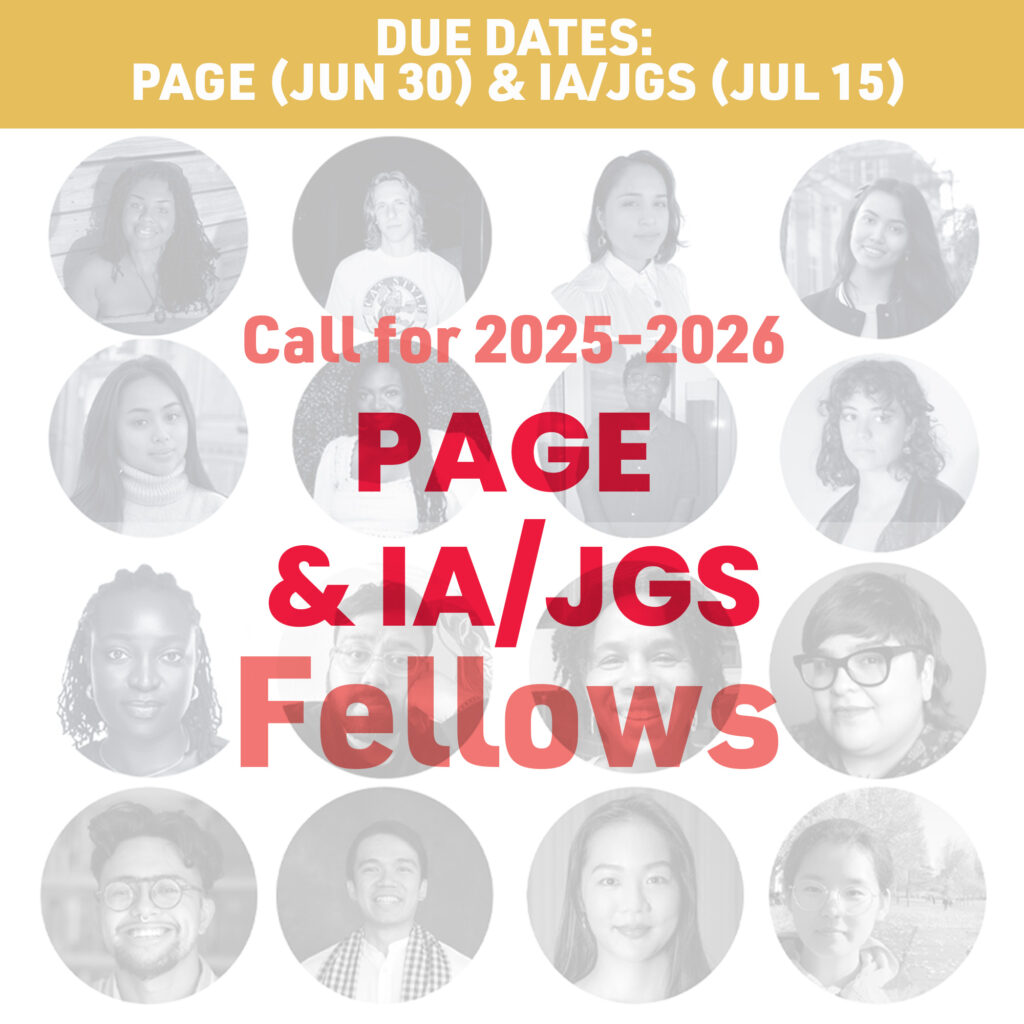Publicly Active Graduate Education (PAGE) Fellowship
Publicly Active Graduate Education (PAGE) is Imagining America’s (IA) network for publicly engaged graduate students in humanities, arts, and design. PAGE enhances the praxis and pedagogy of public scholarship; fosters a national, interdisciplinary community of peers and veteran scholars; and creates opportunities for collaborative knowledge production. The PAGE consortium, made up of alumni and allies of the program, promotes opportunities for mentorship and peer support from IA’s network.
The PAGE Fellows Program application period for the 2025-2026 cohort is now open.
Imagining America invites applications from graduate students enrolled at an IA Member institution and with a demonstrated interest and commitment in public scholarship and/or artistic practice. See full details in the Application tab below.
The 2024-2025 PAGE Fellows
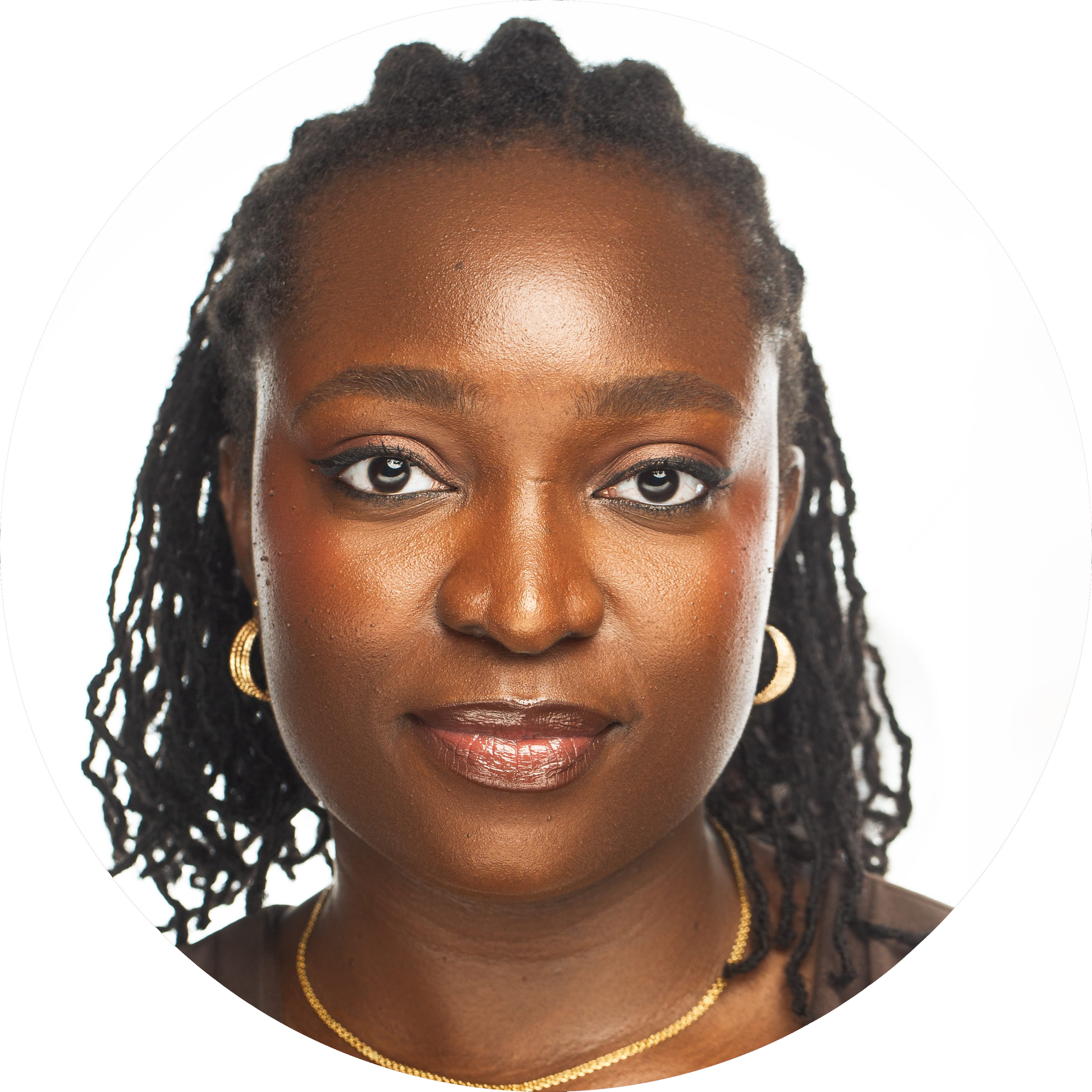
Ololade Faniyi
Women’s, Gender and Sexuality Studies, Emory University
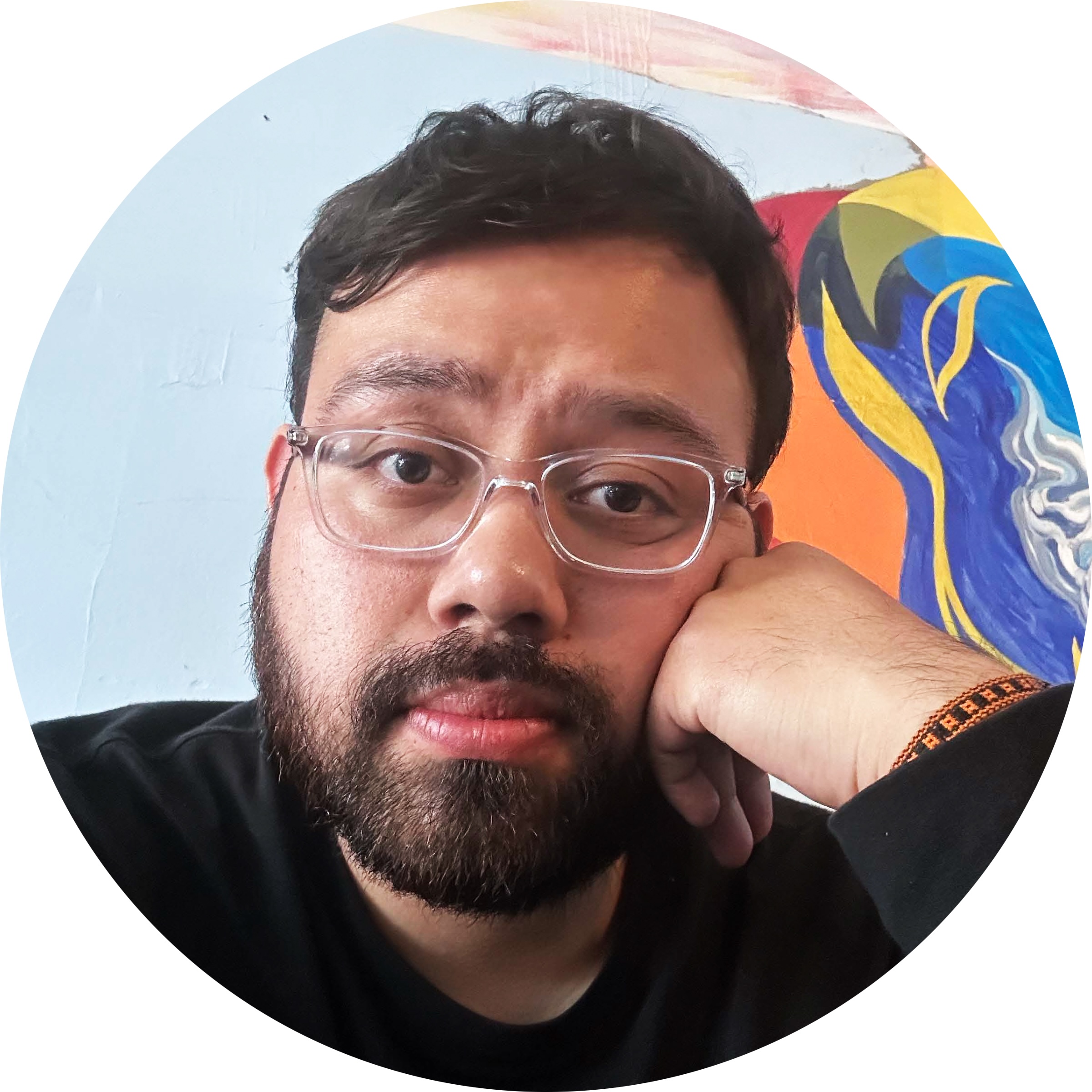
Brian Rivera Hernandez
Literature, University of California Santa Cruz
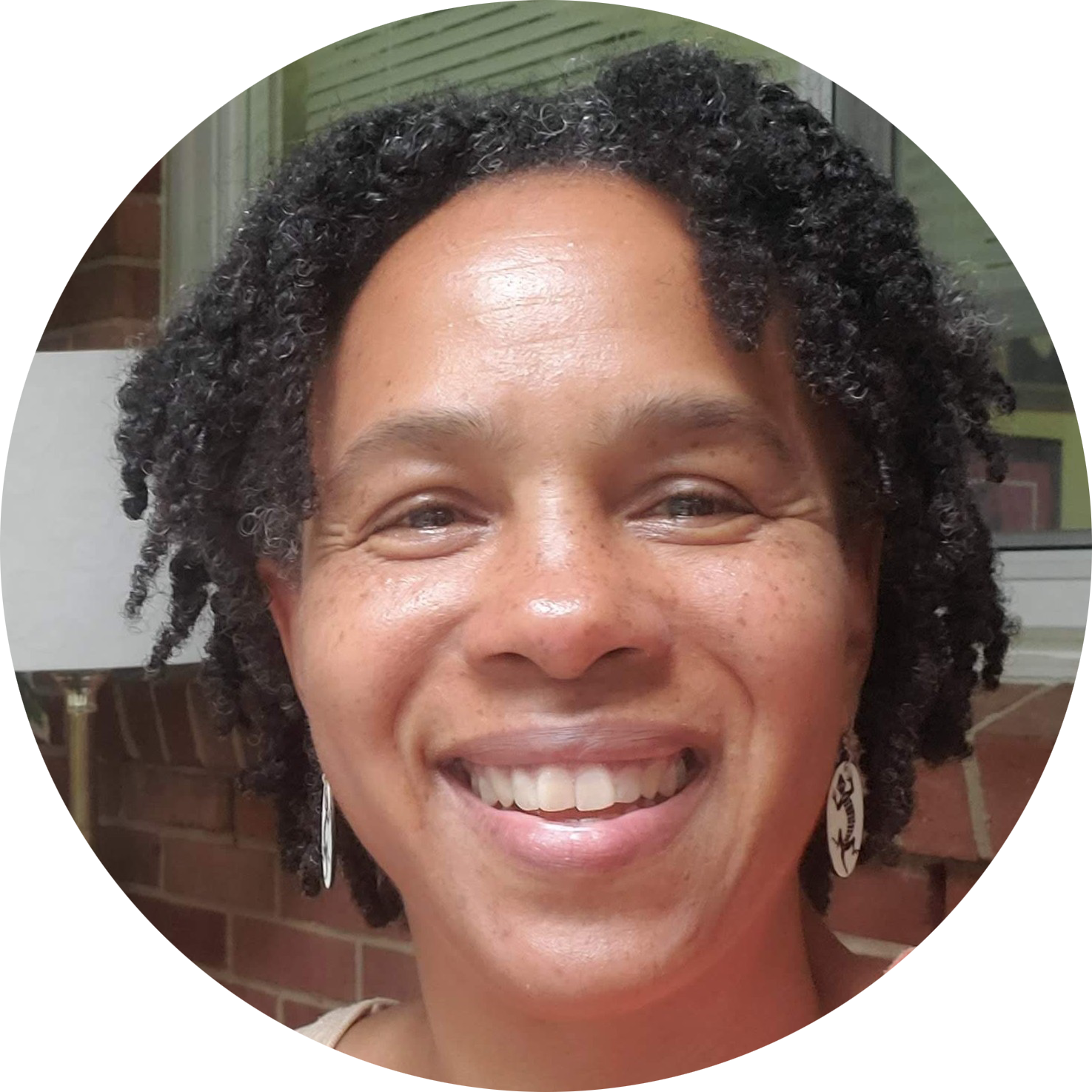
Catheryne Geneviève Hicks
Creative Writing and Poetics (MFA), University of Washington, Bothell
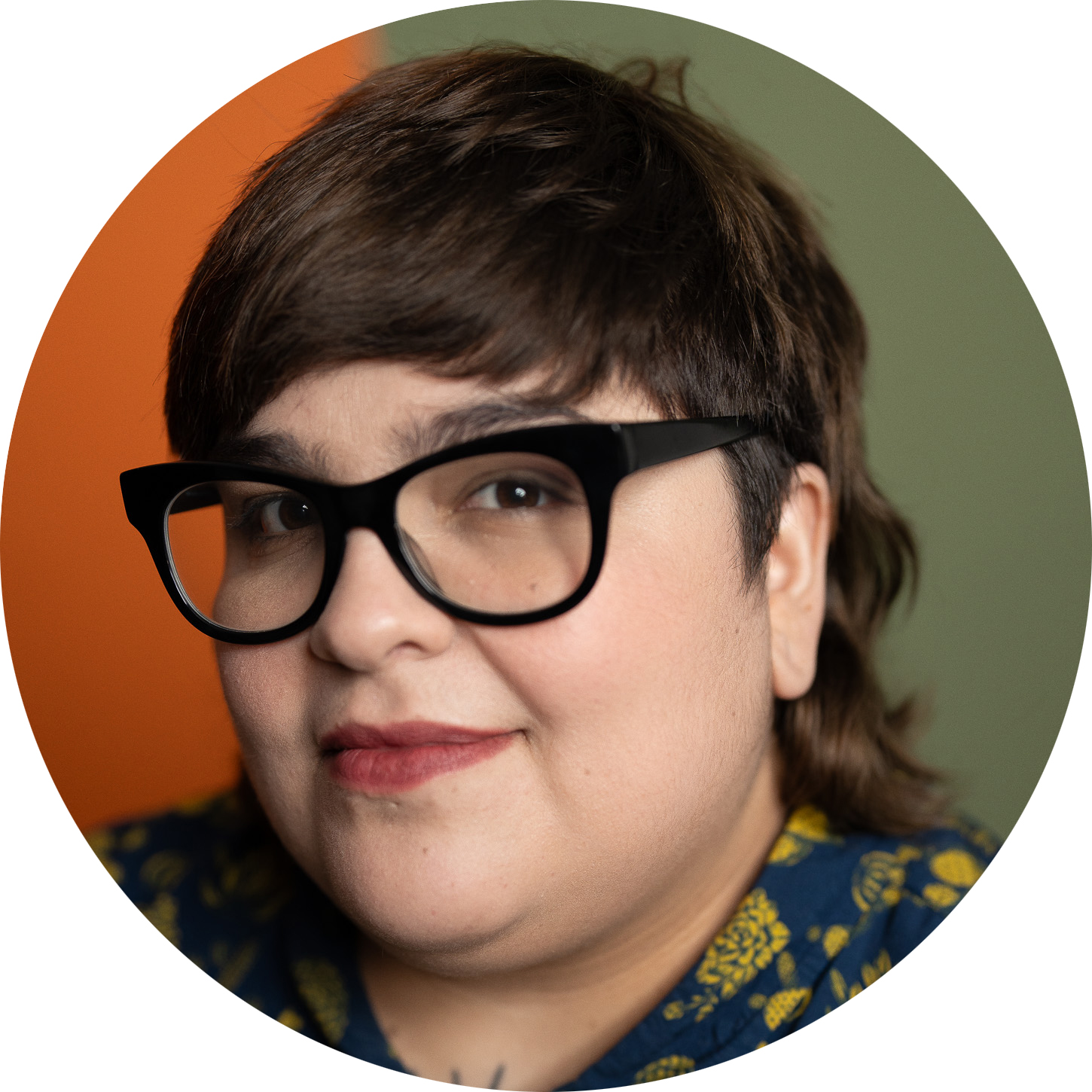
Liliana Marcias
History, University of Illinois Chicago
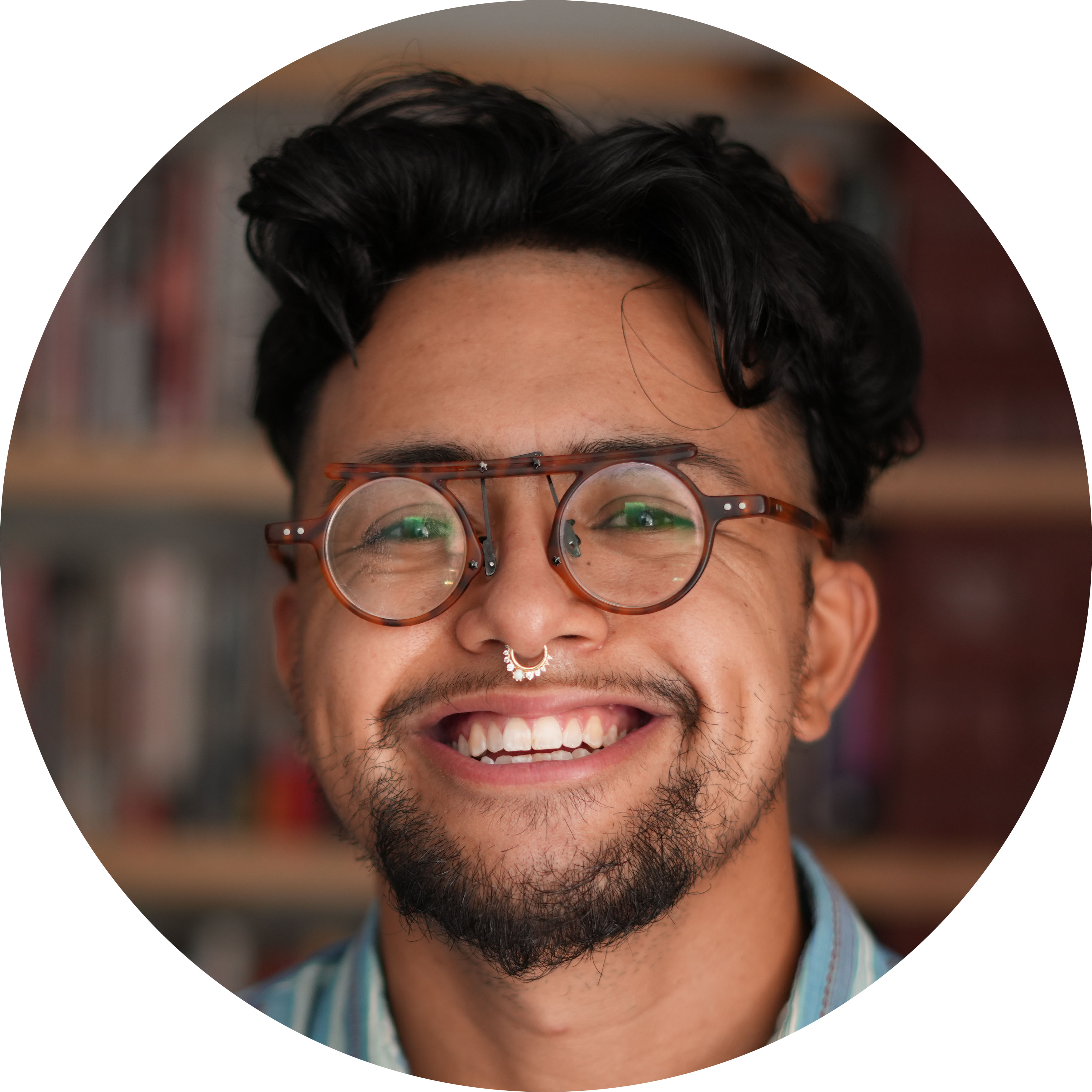
Victor Omni
Women’s, Gender and Sexuality Studies, Emory University
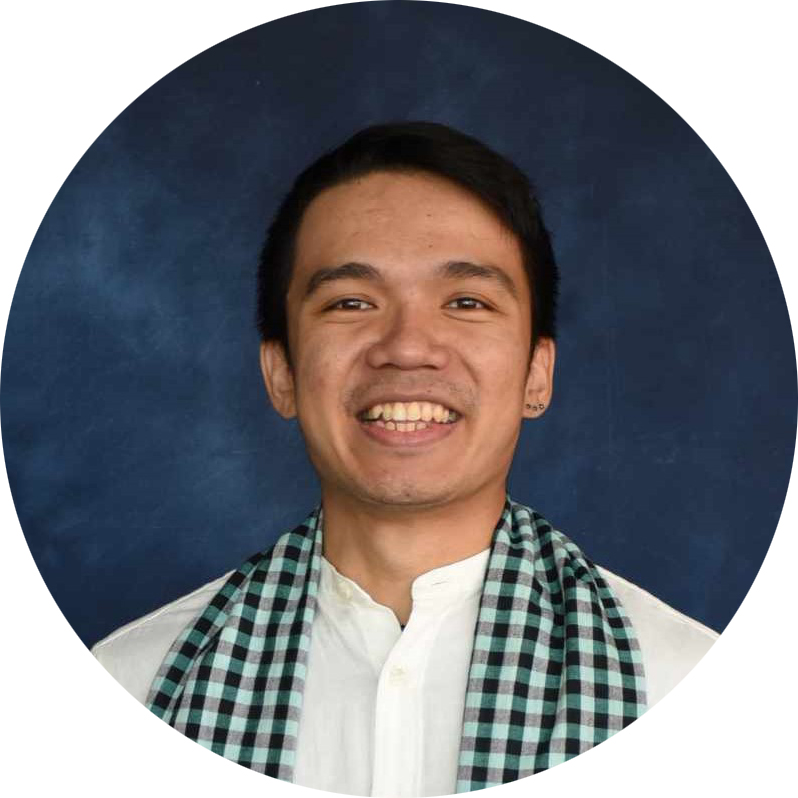
Huy Phan
Linguistics, University of California Santa Barbara
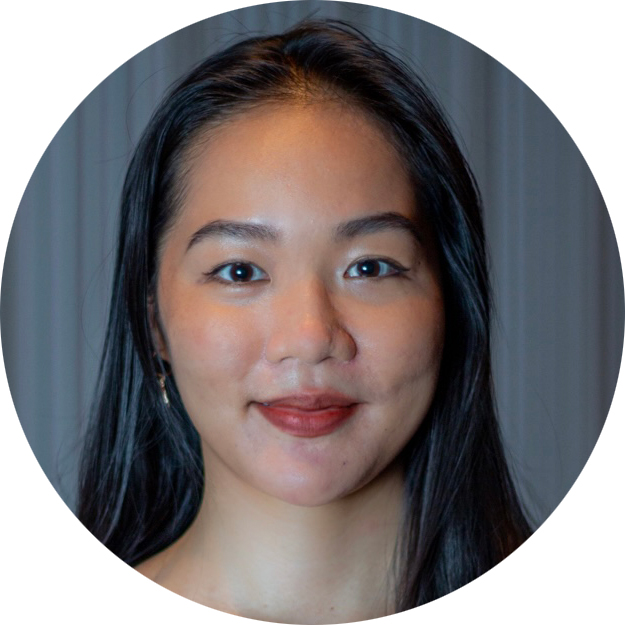
Gabby Wen
Applied Intercultural Arts Research, University of Arizona
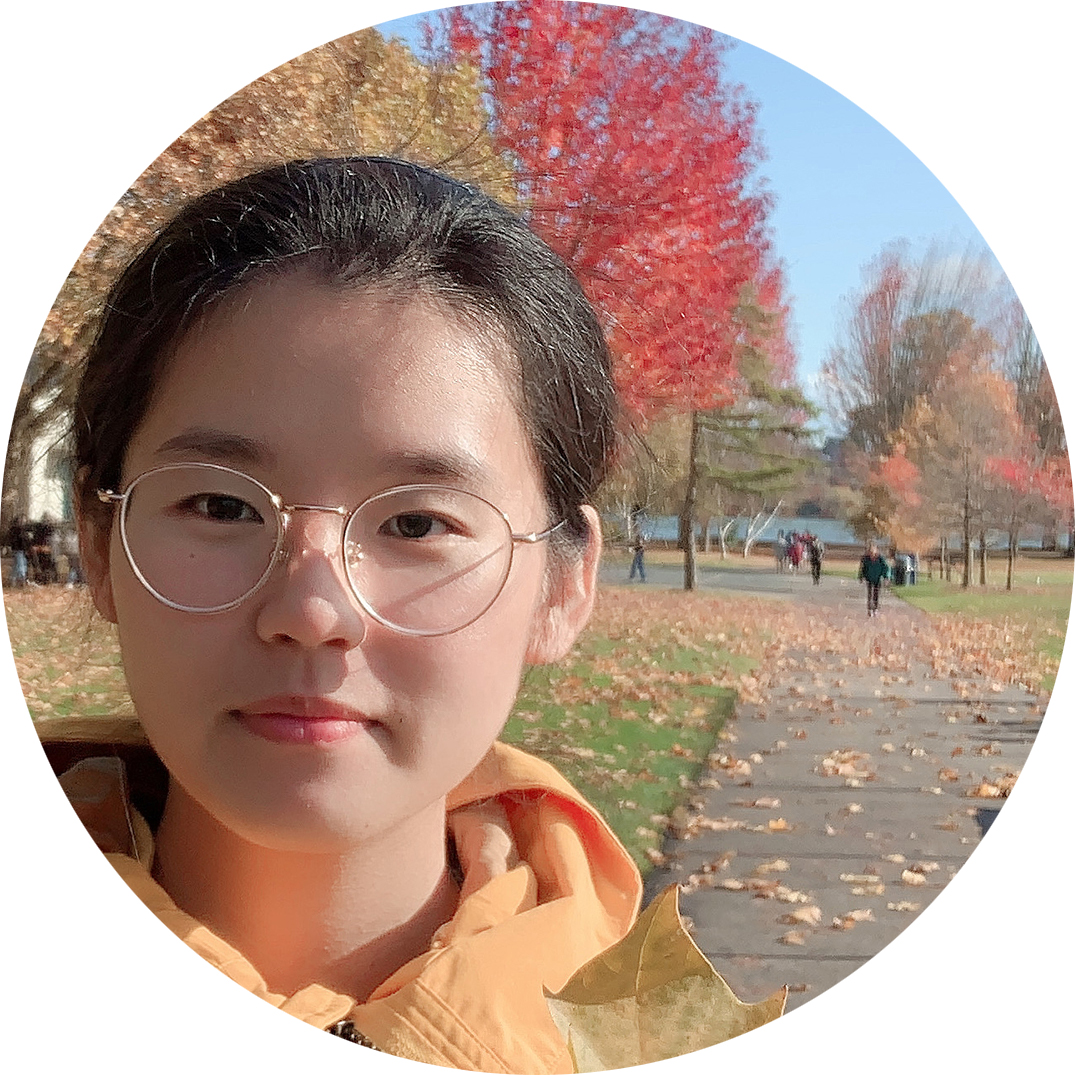
Haoqing Yu
Communication, Culture, & Technology, Georgetown University
History
When IA launched in 1999, the national conversation about the state of higher education included deep concern for the future of graduate education, especially in the humanities—in large part a result of the acute job crisis. However, there was very little room in these conversations for input from graduate students. As IA’s Founding Director Julie Ellison remembers, “I went to a lot of meetings about humanities graduate education. All of these meetings were about graduate students, and there were virtually no graduate students in the room. Those that were present were not welcomed as peer leaders.”
Meanwhile, several programs devoted to fostering broad opportunities for graduate students were emerging around the country. As IA developed, Julie Ellison; David Scobey, U of Michigan’s Arts of Citizenship founder; and IA’s first Associate Director Dr. Kristin Hass knew the involvement of graduate students was critical in shaping the conversation about the role of public cultural practice and the future of higher education.
In 2003, U of Michigan graduate student Dana Walker worked on implementing plans for IA’s graduate network, titled Publicly Active Graduate Education (PAGE). An early invitation letter explained PAGE’s intentions: “The purpose of this new graduate network, supported by Imagining America, is to both inspire and inform graduate students interested in pursuing public and community practice through the humanities, arts, and design. Because of the inevitable fiscal constraints, PAGE is a modest enterprise. But the goal–of building a national alliance dedicated to taking seriously the public capacity of graduate students in the cultural disciplines–is an ambitious one.”
The PAGE network got a jumpstart at the 2003 IA conference in Illinois when UT-Austin graduate student Sylvia Gale used her time on a panel intended to highlight graduate student leaders in public engagement to ask the obvious: Where was the graduate voice in this conversation? What were students actually doing in the field, and what might they have to say about their own professional preparation? How far would conversations about “transforming” higher education go without participation from the newest and soon-to-be faculty members? Ellison approached Gale immediately and asked if she would be willing to undertake leadership of the PAGE initiative, already imagined by IA as central to the organization’s mission but not yet mobilized.
Over the next year, with Ellison’s support, Gale laid the groundwork for the program, and due to the dynamic participation and critical feedback from each new cohort of Fellows, PAGE’s role has grown. Former Fellow Kevin Bott became the program’s second director in May 2008. In 2009, Adam Bush became director, pushing the network’s leadership structure towards greater collaboration.
At the start of its second decade, PAGE reframed itself as a peer network organized by a rotating cohort of PAGE alumni who share responsibility for designing support structures for the new cohort. The program has used its funding from IA to host monthly peer-designed webinars and virtual dinner parties, to support fellows as they visit one another’s campuses, to generate conference programming, and to fund the co-creation of scholarly artifacts.
Leadership
PAGE is a peer network organized not by an individual director, but instead by a rotating cohort of PAGE Alumni who share responsibility for mentoring and designing support structured for each new cohort of fellows.
Application
PAGE Co-Directors are thrilled to invite graduate students with an interest in public scholarship or artistic practice and activism to apply for the 2025-2026 Publicly Active Graduate Education (PAGE) Fellowship. PAGE Fellows participate in a yearlong working group in support of collaborative art-making, teaching, writing, storytelling, and co-creating knowledge with and within community. We are artists, scientists, researchers, instigators, cultural leaders, care workers, and community activists. We are what Toni Cade Bambara called “culture workers,” people who are accountable to themselves, the land and water, the communities our work touches, and who creatively use our ability to “freedom dream” (Kelley 2002) and do “otherwise possibilities” (Crawley 2024) within and outside of our work.
In 2003, graduate students began laying the foundation for the fellowship, continually crafted by a cadre of co-directors. Ultimately, the fellowship centers on care and enduring relationships rather than temporary and transactional engagements. It offers a network of support from publicly engaged scholars and artists to graduate fellows working toward navigating unjust institutional barriers. While there are no limits to the amazing work we can accomplish together in a fellowship year, we prioritize physical, emotional, and mental well-being and loving accountability throughout the process.
As PAGE fellows build capacity with other publicly engaged scholars across campuses, they will join the Imagining America network of activist-scholars, administrators, artists, and media makers shifting culture toward justice within higher education and society. Examples of ongoing local projects by PAGE fellows include a Bay Area movement history website, a national report on LGBTQ+ youth, a resource hub for Indigenous playwrights, a photography series on the colonial foundations of neoliberal universities, and much more.
The PAGE Fellowship Program and Eligibility
PAGE Fellows will receive:
$1000 fellowship stipend
Lodging and waived registration fee to attend the 2025 PAGE Summit (Oct 2) and IA National Gathering. The three-day gathering will be held in collaboration with New Mexico State University in Fall 2025 (Oct 3-5), in Las Cruces, NM. Applicants must be able to attend the PAGE Summit and IA National Gathering to be considered.
Opportunity to apply for professional development funds.
Access to year-long bidirectional mentorship and community-building events, both within PAGE and the Imagining America networks. These can include but are not limited to research projects, publication opportunities, and skill-building workshops.
PAGE Fellows are expected to:
Contribute to the PAGE Blog salon.
Attend and share their work at the PAGE Summit (Oct 2) and IA National Gathering (Oct 3-5).
Participate in bi-monthly conference calls, webinars, cluster meetings.
Work towards a publicly engaged project.
Through these engagements, PAGE aims to foster a cohort of fellows interested in pursuing collective and innovative scholarly and community-engaged practices.
Eligibility
Students must be enrolled in a graduate program at an IA Member institution in order to apply to be a PAGE Fellow. Applicants can be at any stage of their graduate programs. Applicants must be graduate students during the entire 2025-2026 academic year, but they do not have to be planning a career within higher education.
Historically underrepresented groups in higher education (e.g., people of color, international students, non-US citizens, persons with disabilities, veterans, LGBTQIA persons, first-generation students, non-traditional students, and/or individuals from working-class backgrounds) are especially encouraged to apply.
Application Instructions
Completed application answers must be entered in the online form and received by midnight (EST) on Monday, June 30, 2025, to be considered. Applicants will be notified of their status by July 15. Participation in the program begins with an informal virtual gathering in early September 2025 and continues through May 2026.
The PAGE Fellowship application includes the following components:
1. Two 350-word essays inspired by the prompts (see PDF linked below)
2. Four logistical questions (see PDF linked below)
3. 50-word biography
4. Current Curriculum Vitae
5. If selected, a photo will be requested to be used on the IA website to announce our new cohort of 2025-2026 Fellows
Preview a PDF of the PAGE Fellowship application, including all prompts.
Since 2012, PAGE has been led by a team of co-directors, past PAGE fellows who have chosen to stay on and direct the fellowship. Please contact current co-directors at pagedirectors@gmail.com with any questions about the program or application/selection process. Any way that we are able to walk with you, we will.
Learn more about our co-directors here. Take a look at last year’s fellows’ Blog Salon here.
